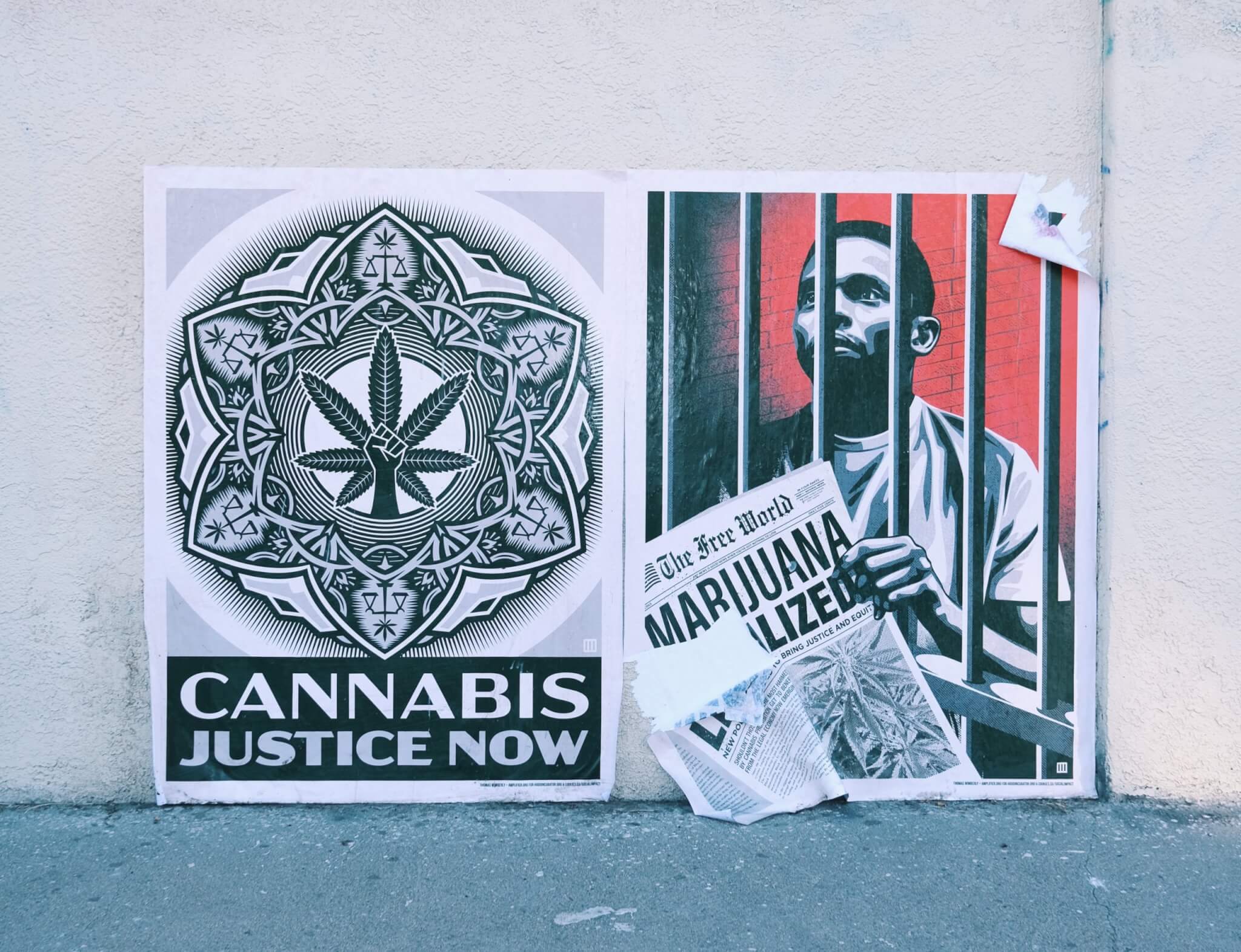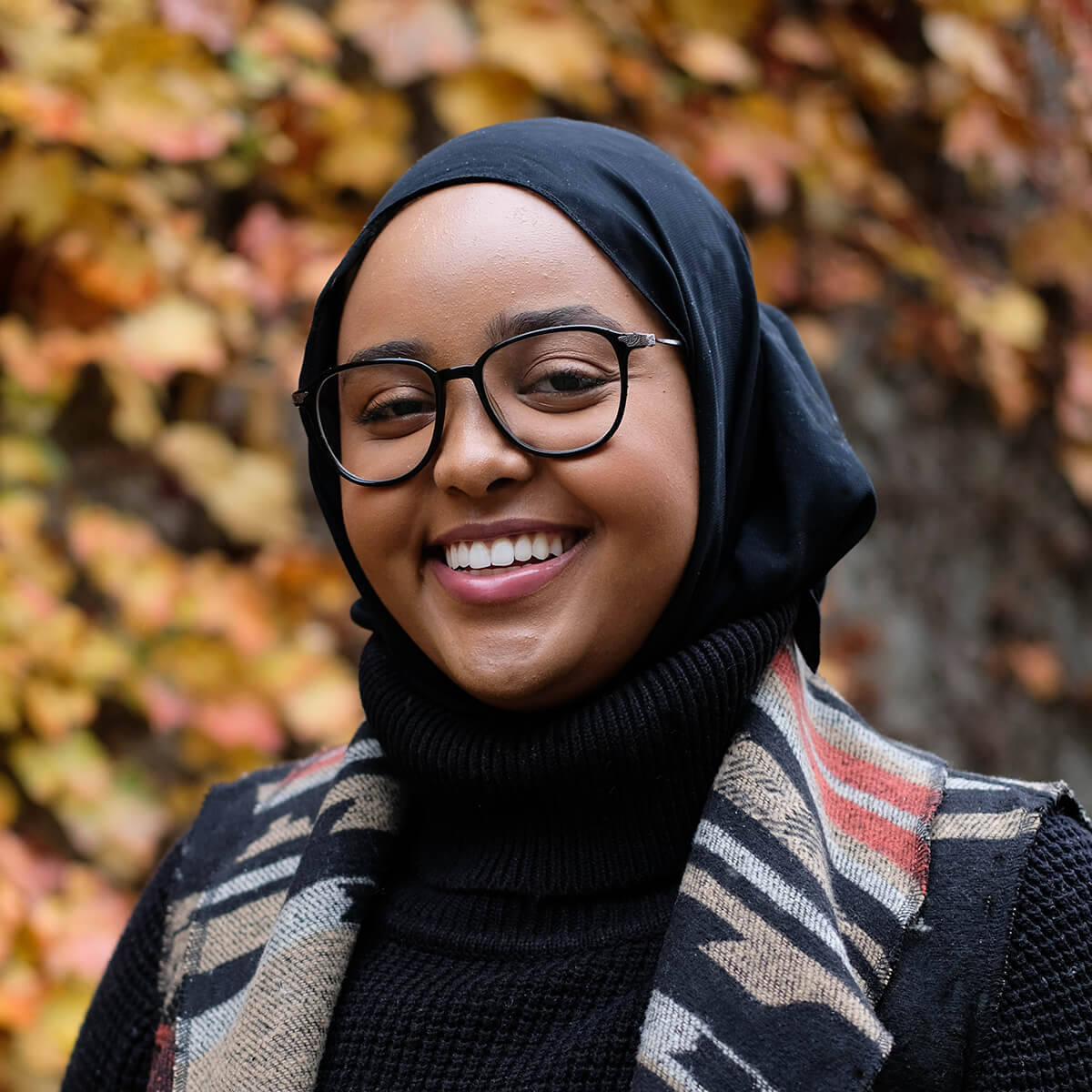6 Key Takeaways from Ask the Expert: Racial (in)Justice and Cannabis
On January 21, 2021, I had the pleasure of co-moderating Exploring the Link’s online panel discussion Ask the Expert: Racial (In)Justice and Cannabis with Kiah Ellis-Durity, a project facilitator and researcher at Cannabis & Psychosis.
Cannabis & Psychosis hosted the virtual event in partnership with YouthREX and Canadian Students for Sensible Drug Policy. The panel included Jordan Brant, a Kanien’kehá:ka (Mohawk) advocate for cannabis education, Chuka Ekeckham, a political science graduate student and research associate, and Chantal Phillips, a medical student and YouthREX research assistant.
This event offered audience members the opportunity to ask questions centred around racial (in)justice and cannabis. It also created space to reflect on the historical impact of prohibition, consider mental health through an anti-racism lens, and address issues that disproportionately affect Indigenous and Black communities.
Here are the 6 key insights from the discussion:
1. Legacy of Drug Laws in Canada
Canada criminalized cannabis during the colonial period in order to disenfranchise marginalized communities. Historically, Indigenous and Black communities were seen as thugs and criminals—the criminalization of cannabis both reinforced these racial biases and ensured that Black and Indigenous people were prosecuted aggressively for even minor possession charges. In addition to experiencing the violence of the carceral system itself, having criminal records created an economic ceiling that made it difficult for Black and Indigenous people to attain education and career opportunities.
In order to address the impacts of prohibition – which disproportionately targeted Black, Indigenous and other marginalized communities – the government should implement amnesty policies that overturn previous cannabis convictions.
2. Rectifying the Harms of Prohibition
Reparation programs are often presented as the only way to achieve racial justice, but they do not make up for lost time, or for the lasting impact of criminalization on racialized communities. The cannabis industry should not be the only career prospect for convicted Indigenous and Black community members. It is important to look at the historical impact of the war on drugs, and recognize that reversing the effects of prohibition will require concerted effort and dedicated action.
The government and private corporations should provide additional resources to address the harms of prohibition. In Ontario, only a small number of Indigenous people are joining the producer and retail side of the cannabis industry. The government should prioritize cannabis licences for people in Black and Indigenous communities as a form of reparation.
3. Cannabis and Mistrust in the Healthcare System
In order to prescribe medical cannabis, physicians must trust that their patients need prescriptions to manage pain. Due to stereotypes and institutionalized racism within the healthcare system, doctors and other health care providers often suspect that Black and Indigenous patients have substance use issues when they seek healthcare services. As a result, these patients are less likely to gain access to needed medical cannabis prescriptions.
Medical students, residents and physicians should be trained to recognize bias and follow best practices when supporting patients with pain management. It’s important for doctors to understand the power of their prescriptions.
4. Cannabis and Mental Health
In addition to the systemic racism in the healthcare system, the stigma associated with mental health has deterred many members of Indigenous and Black communities from seeking support. Cannabis use is often viewed as an alternative way to cope with mental health issues, but it is important to remember that legalization does not guarantee the safety of this practice.
The government should develop targeted mental health resources to gain the trust of Black and Indigenous communities and ensure that they have access to the care they need.
5. The Conscious Cannabis Consumer
Here’s where consumers come in: individuals should do their due diligence when purchasing cannabis products by identifying whether a product comes from a corporation or a local grower. Since Indigenous people retain less than 1 per cent of land ownership in Canada, they are limited in their ability to grow cannabis, which, in turn, limits their economic potential.
Supporting local retailers that are owned or managed by people of colour or Indigenous growers is a small way that conscious consumers can leverage their dollar to encourage systemic change.
6. Improving Cannabis Education
Lastly, it is important to engage in conversations about cannabis at an earlier age in order to debunk harmful misinformation and myths about cannabis. For example, some youth believe that ‘holding in smoke results in a better high’ but in reality, this practice does not change the effects of cannabis, and is more harmful for lungs than shorter inhales.
There is a need to take a pragmatic and harm reductive approach to cannabis education from both a public health and criminal justice perspective. Young people can benefit from resources that inform them about their rights and help them navigate the justice system, especially when they are likely to encounter systemic racism.
To learn more about cannabis, check out Cannabis and Youth: A Certificate for Youth Workers and access additional resources below, or in the Featured Collection on the Knowledge Hub.


